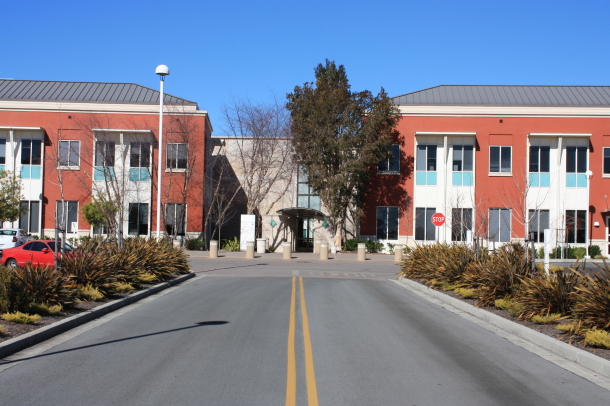
After only a year and a half, Facebook has outgrown its offices in Palo Alto, reports TechCrunch. The social networking site will be moving 3.6 miles down the road to Menlo Park. Both locations are in the San Francisco Bay area, also known as Silicon Valley. The new facility, which used to house Sun Microsystems in its heyday, is composed of 11 buildings over 57 acres, with an additional 22 acres of offices connected to the complex by tunnel. It should be able to hold at least 3,700 employees. Facebook currently has about 1,400 employees in its Palo Alto offices and an additional 600 around the world.
Facebook’s staff has been increasing too fast for the Palo Alto office to contain it, says CFO David Ebersman. “We are reaching a point where we won’t be able to fit. Facebook is growing 50% a year in terms of headcount and our growth plan is to continue hiring in the Bay Area.”

The new facility has about 1 million square feet of office space and 3,700 parking spaces. Oracle, which bought Sun Microsystems, is leasing the facility to Facebook in a 15-year deal with the option to purchase the property after five years.
“The company has been looking for a space that suits our long-term business needs and allows us to recreate the small community feel we enjoyed while in downtown Palo Alto,” Facebook said in a statement. “Our new campus provides us with the necessary room to continue growing, and we look forward to what’s ahead.”
The social network will begin moving employees to the new headquarters in waves, but may not have everybody moved over until sometime in 2012, just in time for its planned Initial Public Offering. This news comes as many speculate Facebook has breached 600 million active users.



